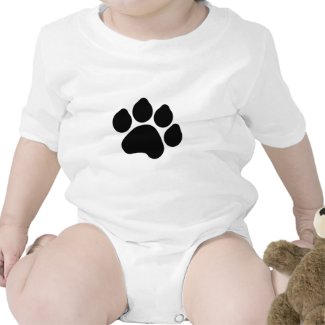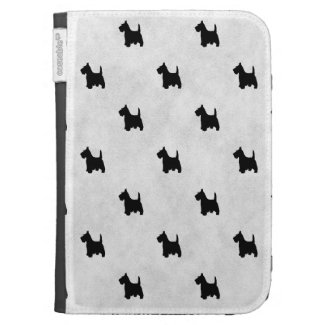Are Puppy Kindergarten Classes
Necessary? You Be The Judge (Part 5)
Every trainer will set his or her own
guidelines as to when puppies can begin puppy training classes. Most will
accept puppies between 10 and 16 weeks of age, because this is the time when
socialization is most important. At this age, puppies are sponges ready to soak
up everything they can be taught. They have short attention spans, sure – but
quick and short training sessions can overcome that.
Puppies attending classes at this age are vulnerable
to disease, though, and care must be taken so they are not exposed to
unvaccinated or sick dogs. Most veterinarians are split on the best timetable
for this advice: Some doctors believe that one set of vaccines is sufficient to
begin puppy class, while others recommend two sets before starting any kind of
group-canine class or get-together.
Either way, all vets advise puppy owners to
watch out for unhealthy dogs, dogs that haven't had at least one set of
vaccines, and overly aggressive dogs as well (there is no point in getting your
puppy hurt by a larger, more dominant dog in the group).
Who Wouldn't Want A Puppy Gift?

Kawaii Yorkie Cartoon Dog Pattern Barely There iPhone 6 Case by Kaz_Foxsens_Animals
Check out another iPhone 6 Case

Maltese Love (puppy cut) Samsung Galaxy S4 Case by CartoonizeMyPet
View Dog Casemate Cases online at zazzle
A Professional Opinion
Jenny Schiebert, D.V.M., of Shadowridge
Veterinary Hospital in Vista, California, says puppies should definitely have
at least two sets of vaccinations that include parvovirus (a highly contagious
disease that is often fatal in puppies).
Dr. Schiebert goes on to say, “The class
location should be secure and available only to well-vaccinated dogs [such as a
private training yard], and not a public park where unvaccinated dogs can roam,
or a pet-supply store where a variety of dogs come in and out all day long. As
long as the vaccination policy is enforced, I think small risk of infection is
outweighed by the benefit of puppy training and socialization.”
Schiebert advises caution, too. “As far as
walks in public, I recommend waiting until two weeks after the puppy's
four-month immunizations,” she says. “This also goes for trips to the beach,
dog parks and pet stores.”
To simplify the advice here in the case of
watching out for your own puppy, all you have to do is avoid areas where lots
of dogs gather and eliminate, which can be sources of parvovirus and distemper.
Dogs that are coughing and have mucousy noses may be showing signs of canine
influenza or other diseases.



No comments:
Post a Comment